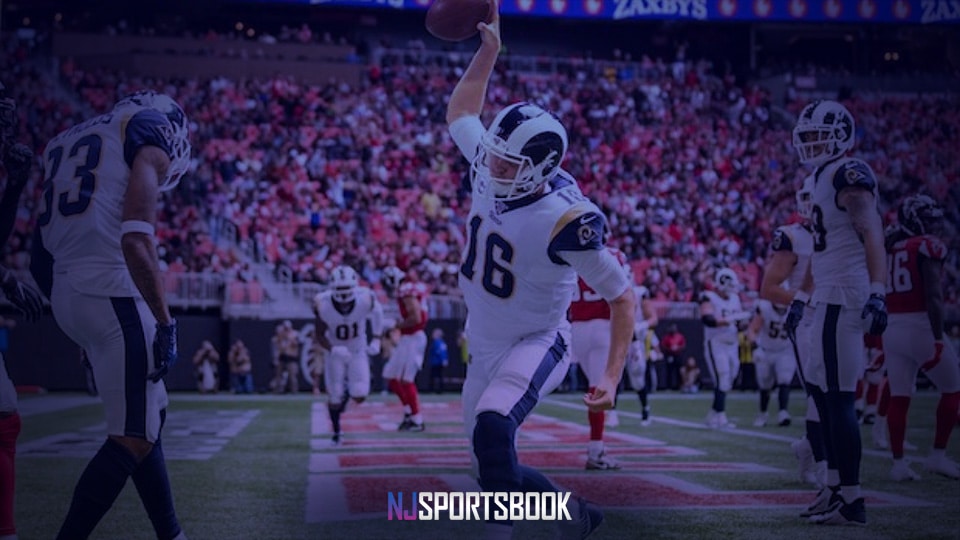Eighteen Native American tribes have banded together and put forward a proposal to bring sports betting to California.
Until now California, the USA’s largest and richest state has lagged far behind in the US sports-betting revolution. While State’s like New Jersey and Pennsylvania are already earning millions in betting tax, California as only been talking about it.
Now, 18 months after sports-betting prohibition was lifted by the Supreme Court, their tribes have done something about it.
Put forward as the California Sports Wagering Regulation and Unlawful Gambling Enforcement Act, it calls for a state-wide ballot. If legislators give it the green light, it will go to a public vote in the 2020 elections
“Californians should have the choice to participate in sports wagering at highly regulated, safe, and experienced gaming locations.” The words are those of Tribal Chairman Mark Macarro of the Pechanga Band of Luiseño Indians.
“We are very proud to see tribes from across California come together for this effort, which represents an incremental but important step. It will give Californians the freedom to participate in this new activity in a responsible manner.”
A 10% betting tax is called for
The proposal calls for a 10% betting tax on gross revenues. It will be limited to those aged 21 and over. Minors must be protected by advertising controls and wagering on Californian high school and college sport will be prohibited.
And to help boost the state’s ability to prosecute illegal gambling, any violation of the act will incur a fine of up to $10,000.
All these measures will be welcomed by America’s pro-betting fraternity. What won’t be is the stipulation by the tribes that wagering in California be limited to in-person betting at Native American gaming casinos and licensed race tracks.
The stipulation will be seen by many as an attempt to serve tribal interests at the expense of all other players in the industry. And it might well be a major stumbling block to the passage of the proposal as it stands.
In the proposal the Tribes attempt to justify their restrictive proposal on economic grounds. They argue that in 2016 alone, tribal gaming created more than 124,300 jobs, with operators paying $9bn in wages to employees.
In addition their Casinos contributed $3.4bn in taxes and revenue sharing agreements with federal, state and local governments.
Tribes say proposal will safeguard 17,000 jobs
By allowing race tracks to operate in-person sports betting, they added, would safeguard the 17,000 jobs created by Californian horseracing.
Sports betting in New Jersey has certainly not endangered race track jobs. The horse racing industry there is in fact claiming the very opposite. They are saying they have actually been revived and strengthened by the arrival of sports-betting, online and otherwise. And the same goes for Atlantic City’s dozen Casinos.
New Jersey law grants sports betting licenses only to land-based Casinos and Race Tracks. To operate legally, successful online sports books like FanDuel, DraftKings and William Hill have to sign partnership agreements with them.
And with 17 new sportsbooks, mostly backed by international betting giants with large bank rolls, New Jersey gaming has actually seen thousands of new jobs created.
And then o f course, there is the tax story. As we know, the US states currently generating the greatest tax benefits are those that allow online sports-betting.
New Jersey gets 80% of its revenue online
High-flying New Jersey, for instance, gets over 80% of its betting handle online, mostly on smartphones. Pennsylvania’s online percentage return isn’t that far behind and more and more states are following their lead.
In sharp contrast, close neighbor New York has only legalized in-person betting at four Casinos far from the ‘Big Apple’. Despite the state’s population of 19.54m, it is doing very badly.
New York does not release betting handle figures as most others do. However, its total betting revenue from its Casinos in September was a mere $2.5m.
New Jersey with half the population (8.9m) generated as much as $37.9m in the same month – 82% of it via the internet.
The Federal Wire Act prohibits out of state sports betting. Ironically, some 20% of that 82% is believed to have come from New York citizens. Rather than travel to far-flung casinos to make legal bets, they are nipping across the Hudson River, and making legal online bets in New Jersey territory.
Steve Stallings, chairman of the California Nations Indian Gaming Association, described the ballot measure as “the best example of well-written and responsible sports betting policy presented to date” (in the state).
The policy would’ve been even better had it opted to allow online sportsbooks – with one provision. To be legally licensed they’d have to partner with a casino or race track as in New Jersey.
In that way, these two land-based gambling institutions will have been safe-guarded. It will be more convenient for Californian punters among their 39.7m people to bet. And both the state and the industry will make a lot more money in a safe and regulated system.




